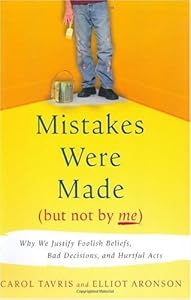Four hundred years ago the world made a major step forward
in its attitude towards information, learning and thinking. We call this period
The Enlightenment. It would see the emergence of the Scientific Revolution. The
United States of America would be founded on these principles and up until the
mid-20th century that same country would reflect The Enlightenment’s values.
Then something started to happen. Amidst the solid infrastructure in western
society that was built by the forces of reason, lurked an unchecked virus.
Irrational thinking was back and it had found its way into a whole range of
areas in our society. Francis Wheen believes it first properly blossomed with
the ascension of Margaret Thatcher and Ronald Regan’s politics in the west
alongside the Ayatollah Khomeini’s rise to power in Iran. This is where his
2004 book, “How Mumbo Jumbo Conquered the World” begins.
The obscure writings of Jamie Clubb. "It rained last week because God was crying about how sceptical you are, Jamie" - Sarah Chipperfield
Showing posts with label George W. Bush. Show all posts
Showing posts with label George W. Bush. Show all posts
Thursday, 2 July 2015
Friday, 12 November 2010
Justify this! A review of "Mistakes were Made (but not by me)"
 Cover via Amazon
Cover via AmazonThis is the second book I have read that looked at the nature of human error. The first one, "Being Wrong: Adventures in the Margin of Error" by Kathryn Schulz, was a half-philosophical work that looked at the whole scope of wrongness and our relationship with it. Although scientifically sound, Schulz's excellent work was far more to do with making peace with mistakes. Similar aspects are also present in Carol Tavris and Elliot Aronson's joint work, "Mistakes Were Made (but not by me)", but this is a far less sympathetic book driven by the passion of two straightforward and eminent psychologists who focus specifically on the human reaction to personal error. Tavris was given a special award for her working contribution towards the empirical scientific sceptical movement and "Mistakes Were Made (but not by me)" seems destined to be the sceptic's go-to work on the phenomena of confirmation bias.
Subscribe to:
Posts (Atom)
